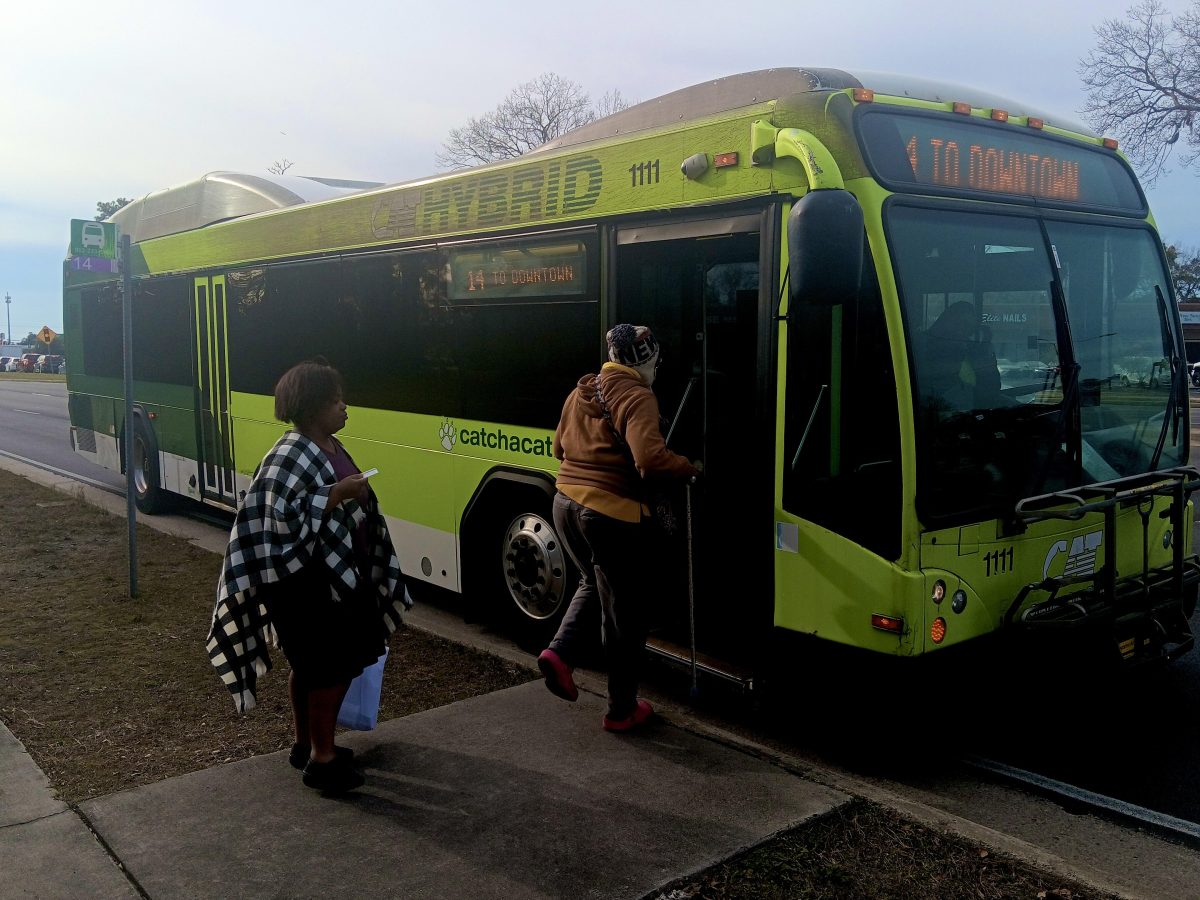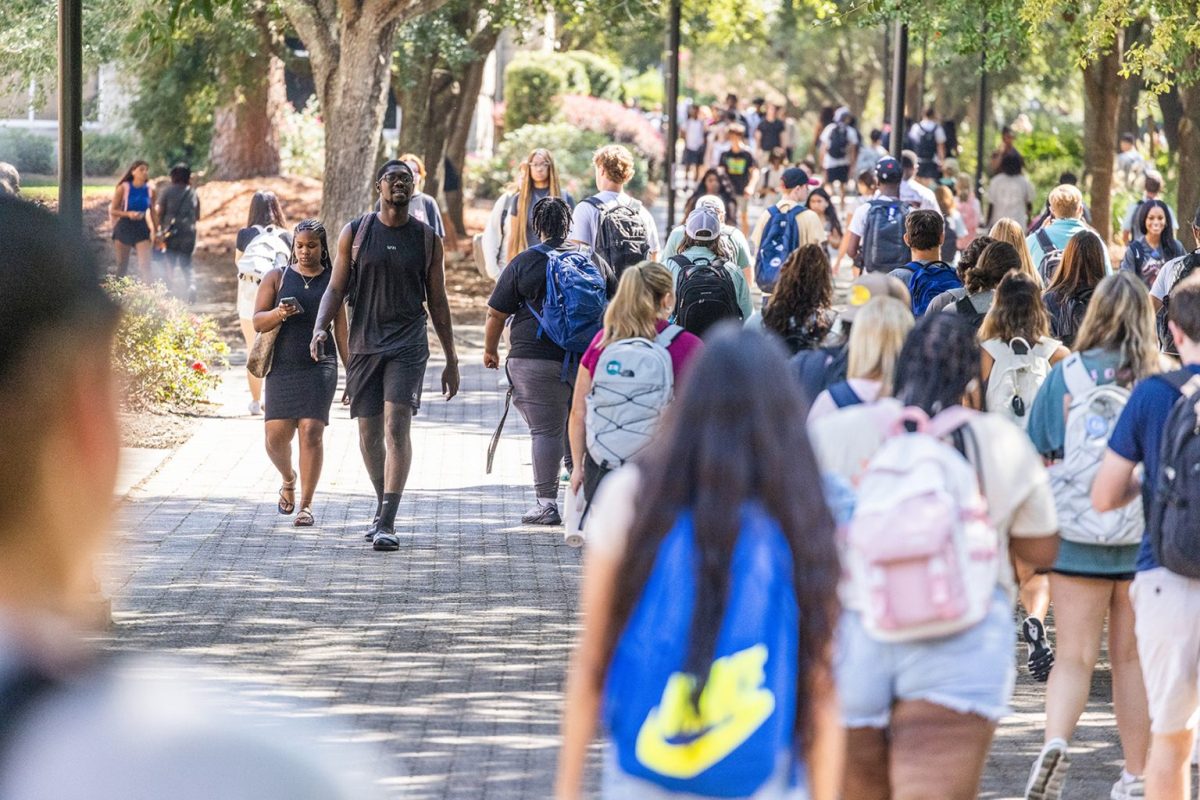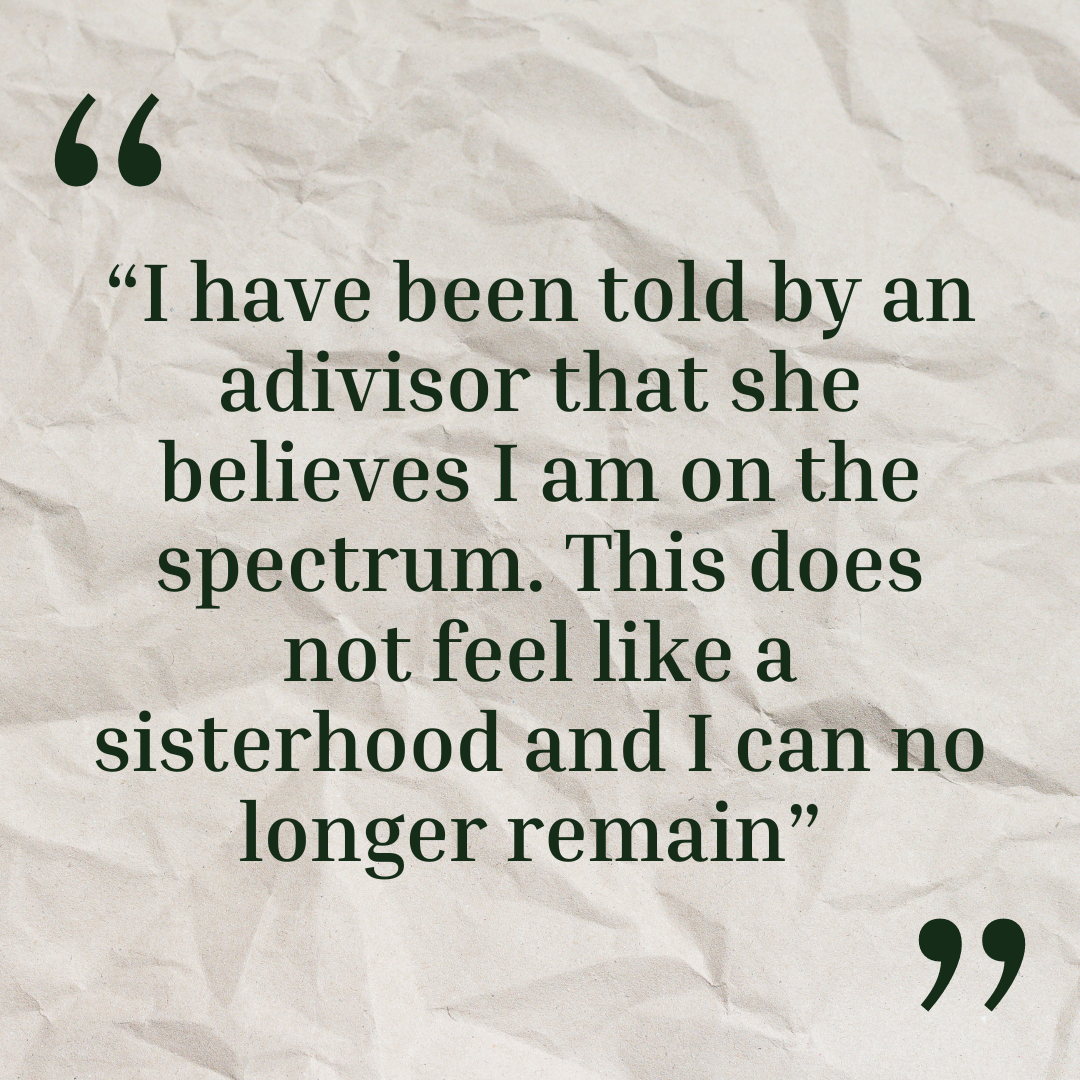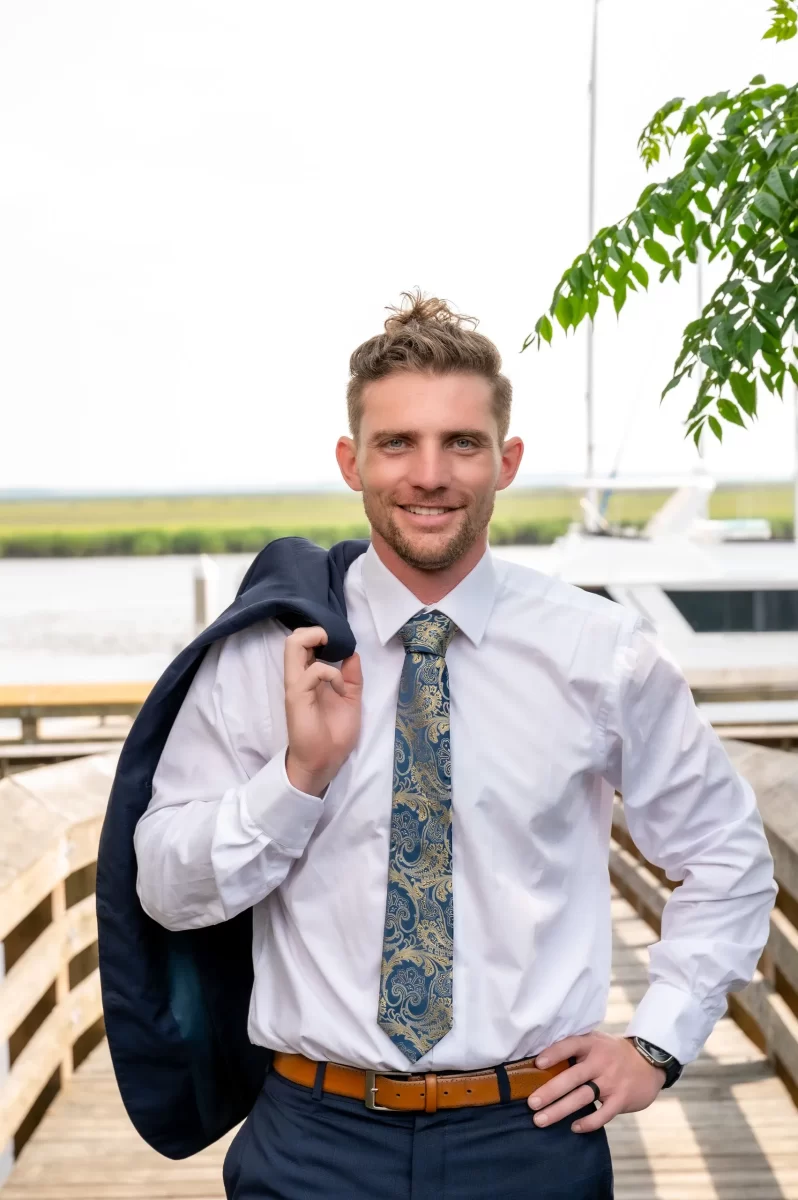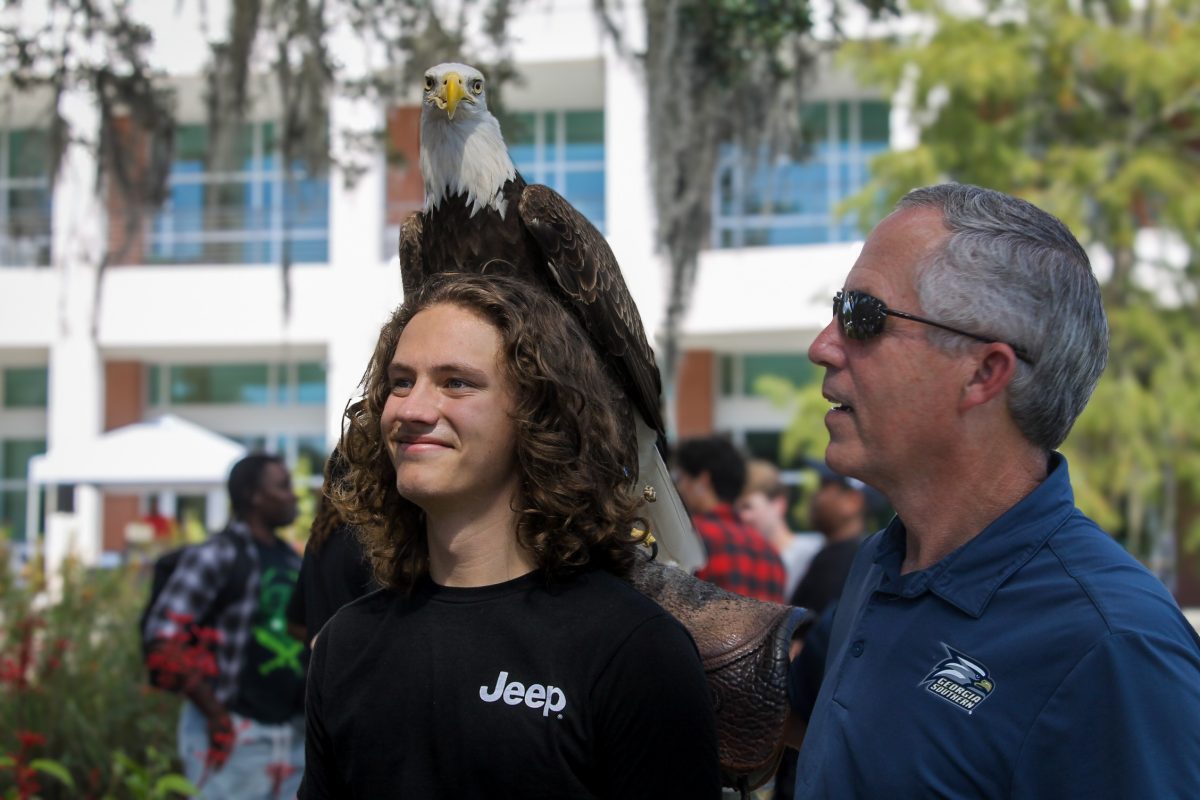By Ruby Rizvi, News Editor
Armstrong kicked off Diversity Week with a seminar and open forum discussing and answering questions about ISIS.
Students, faculty and community members alike went to listen to the breakdown of what ISIS is and to ask questions.
“I came because I’m trying to find out what our faculty, students, and staff know about the topic,” military education coordinator Phil Gore said. “I do wish more people had showed up though.”
The discussion was led by History and Gender Studies professor Austin Deray and assistant professor of Philosophy Julie Swanstrom. They started off by giving background on the basics of Islam.
Islam is the third of the Abrahamic faiths, after Judaism and Christianity, and is about 1400 years old.
It’s root, means “submission.” Just like Christianity, the religion is composed of sects. There are two main sects within the religion, those of Sunni and Shia’a.
The split was caused by disagreements on who should have ruled the Muslim caliphate following the death of the Prophet Muhammad (pbuh). Both sects follow the same basic fundamentals of the religion, such as the belief in the same one God, the five pillars, and life after death. However, the split led to slight variations in other practices.
“This divide has caused friction between the Muslim ummah (community) since it happened, and has contributed to the unrest we see in nation like those in the Middle East,” Deray said.
Next, they explored the characteristics of ISIS.
ISIS stands for “Islamic State of Iraq and Syria”. It is a radical Islamist terrorist organization operating in the Middle East.
The group covets religious and political power in the region. Swanstrom commented, saying that the group surfaced after the American occupation and the change in political power in Iraq, and attacks on Sunnis in Syria.
To put the situation into perspective, the speakers then compared ISIS to the Christian crusades. The intent was to push their views onto the people of the region, and spreading what they see as the “rightful use of the religion”. Both groups agree “this is the way that things should be because of x, y, and z.”
The difference between the two is that the crusaders targeted the religious minorities of the region while ISIS is primarily at war with its binary.
Deray and Swanstrom then shifted the conversation to why anyone would want to join ISIS.
“They believe that it’s actually the right thing to do,” Deray said. “It could be for a number of reasons, such as one thinking that it may be the only thing left for them, a sense of security, or even a yearning to participate in the demotion and uprising of an issue.”
Swanstrom also went on to explain that another factor could be the environment, nurture, and education one received.
The floor was then opened to questions. One question that sparked the interest of many in the audience was “how big of a threat is ISIS really to the United States and western nations?”
“ISIS itself is interested in its surrounding area. Due to the sensationalism of terrorism after 9/11, and the flood of coverage via news outlets and social media, it is made out to look as if they are a direct threat to us,” Deray said. “Other than for national and business interests, the group itself has not shown much interest in the West.”
Many in the audience agreed that the discussion was a successful start to Diversity Week.
“They did a good job taking the audience’s questions and tying it back into the discussion,” Victoria Do, a graduate student studying history commented. “I came because I’m interested in political and human rights, and what’s at stake when those are compromised. I never realized the shift that occurred with extremism.”





